Innocent Hand Clap or Racist Song?
This post may contain affiliate links.
“Mom! Want to see something?” my eight-year old asks. She gets off the counter stool and stands, waiting.
I finish unscrewing the vitamin lid, “Okay, what?”
“It goes, ‘I went to a Chinese restaurant to buy a loaf of bread, bread, bread . . .'”
Her hands clap and pat her legs as she continues singing.
“’. . . punch you in the body, oops I’m sorry, don’t tell my mommy, Chinese, Japanese.’”
She stops for a second. “This is the part I can’t really do. You’re supposed to do this to your eyes,” she explains as she pulls the skin at the outside corner of her eyes. She looks at me expectantly.
I’m stunned.What the heck do I say?
“Umm . . .,” I say, stalling for time.
More silence. Be calm. Do not get mad. Breathe.
I try a question. “So, what do you think about that eye thing? What if you were a Chinese or Japanese person? What would you think about that?”
My daughter looks confused. “Uh, . . . it’s mean?” she asks.
“Well, probably,” I answer. “I think you’re right about that. So, what do you think about that song?”
She looks away and mumbles, “It’s not nice” and sits down to finish breakfast.
After she leaves for school, I still have the image of my white daughter trying to make her eyes slanty, singing a song she learned at school.
Honestly, I thought we were good on this – I mean we have tons of friends from other countries and other ethnic groups.
But, no excuses.
And, no we aren’t “good” – like we could ever be complacent when it comes to educating our children to be sensitive, compassionate and kind.
And no way is a child of mine growing up singing this song, thinking it’s okay.
. . .
I easily find the rhyme on YouTube and numerous websites, including a homeschool website. Little white girls from all over the United States singing “I Went to a Chinese Restaurant” without any mention of what a child of Asian descent might think, or might feel.
Surely I’m not the only person who thinks this song is unkind?
How will I teach them to recognize this unkindness before I point it out?
I email my friend, YA author Mitali Perkins http://mitaliblog.com in my panic, “I am so troubled, and I don’t know what to do. I’m thinking about books, dolls, movies, field trips . . . all the ways we learn about others. What do you think I should do?”
Perkins wisely writes, “Melissa, develop intentional relationships with your kids along cultural / class lines.” She shares how she drove her kids to play dates with friends in different neighborhoods, invited international students into her home, and visited homeless shelters, hanging out to listen and talk to the people there.”
Perkins adds, “These days refugees and immigrant communities are within driving distance almost anywhere in the US these days, but the bottom line is that it’s relationships across borders is the key to keeping suburban kids’ hearts open to diversity.”
Of course she’s right. But, what really strikes me is that somehow with our relationships (her best friend for four years was Ethiopian), I must, must, must have lots of intentional dialogs with her about prejudice, diversity, and stereotypes.
For example, “Honey, we just had dinner at Shin and Aik’s house – they are from Malaysia, you would not ever want to hurt their feelings by making fun of the shape of their eyes!”
It was my mistake to think that at eight, she would automatically recognize stereotyping without my facilitation, without conversation.
Later, I tell my friend, author and blogger of White Readers Meet Black Authors, Carlen Brice, and she says, “You know what’s sad? I remember learning that hand-clapping song 40 years ago!”
That is sad.
Brice agrees with Perkins, “Relationships are key. Dolls and books will only do so much.”
I have smart friends.
. . .
I think my work is cut out for me.
What about you?
. . .
Do you think this is a racist song?
What do you talk about at home with your kids when it comes to stereotypes and racism?
What intentional relationships to you have with people who are different than you?
![]() Some rights reserved by Pink Sherbet Photography
Some rights reserved by Pink Sherbet Photography
What Is a Constructivist Classroom?
What Makes an Excellent Teacher?

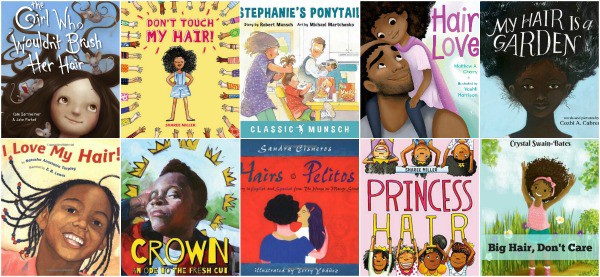
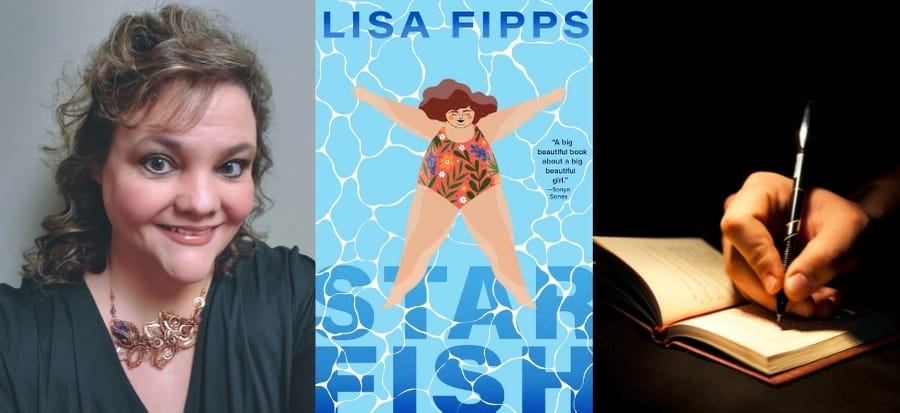
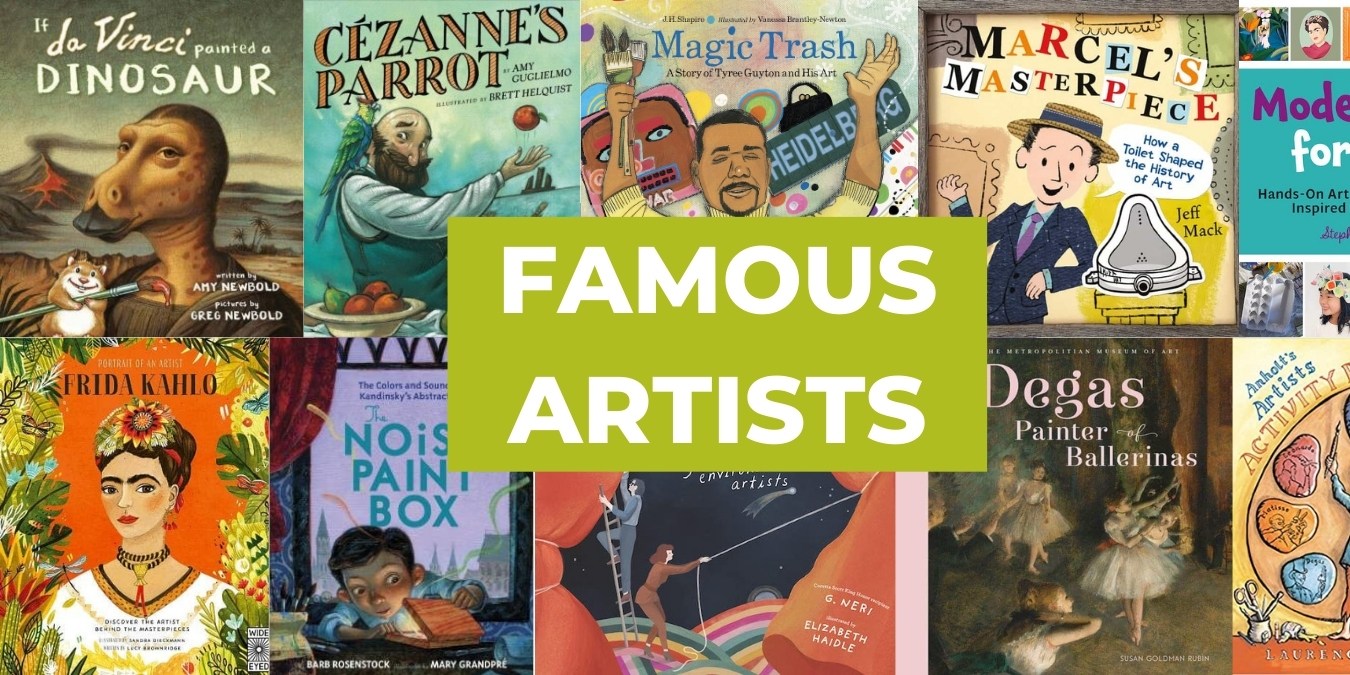
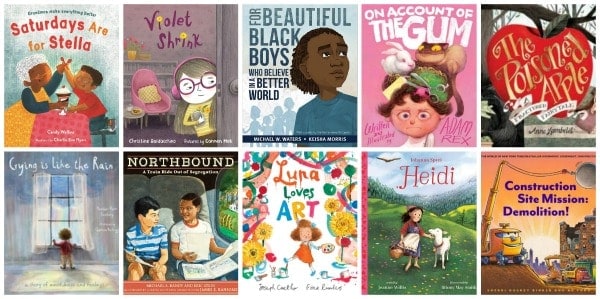
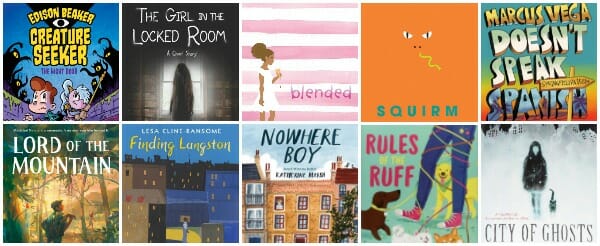
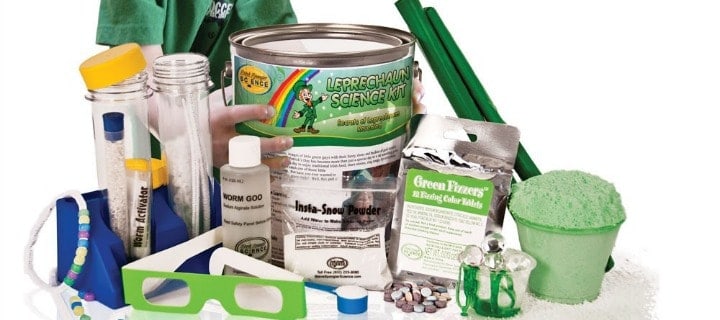
Dear Melissa,
Thank you for sharing the link to this post in your reply to my article about ‘multi-cultural learning and role of schools’. I think – like others here have said, too – your daughter was completely unaware of the meaning and impact of the song. But, you were so thoughtful in bringing it up in a way that she will understand and empathize. I really admire your compassionate parenting.
While, it’s essential for the majority group in the community to protect the rights and dignity of the minority people, it’s as much important for the minority to stand up for themselves and not take what they think challenges their self-esteem and dignity.
In India, we have multiple faiths and even in one faith (like Hinduism), there are myriad castes and sub castes. Often there are biases and prejudices and stereotypes are formed without any basis. A multi-cultural interaction in schools will help a lot in clearing the path for an accepting, empathetic and peaceful future generation.
That harmless phrase was the beginning of one of those common school-yard clapping songs-the 21st century version of “Miss Mary Mack”-that my Asian-born daughter came home singing the other day. I didn’t think too much about it until I realized that the song came complete with gestures-one of which involved pulling the sides of the eyes into a long slit (aka Chinese eyes).
I hemmed and hawed about what to do. I felt that this gesture was disrespectful and could lead to other stereotyping and teasing, but since I sometimes go off half-baked I decided to cool my jets for a bit.
The results of yesterday’s poll swayed me. All of the voters indicated that they would take some action-evenly split between intervening immediately if their child was bullied or helping the child deal with the situation and then intervening if the child needed further assistance.
I opted for contacting the school and the teacher. Thankfully, their take on the incident was similar to mine-not appropriate, disrespectful and must end-and the teacher took immediate action in the classroom and the school principal readily acknowledged that the problem was not likely isolated to the third-grade and they would be taking action school-wide.
Later in the day, I got an email from the teacher. She had spoken to some of the kids involved-none of them had really listened to the words or understood the implications of the gestures. Her comment-when do we learn what the words mean?
The answer, I think, is “when we teach them what it means”. My daughter was furious that I went to her teacher-she said she wasn’t upset by the song or the gesture. I had to explain to her that both were disrespectful and inappropriate and that I was standing up for what I felt was right-and the school was supportive.
My daughter learned two valuable lessons-1) The importance of standing up for what you believe-even if it doesn’t effect you directly and 2)why that particular song and gesture were inappropriate. With luck she will begin to evaluate other things with a more critical eye-asking herself and her peers to be more considerate of others and figuring out that is never ok to make fun of the way anyone looks-ever.
These are lessons that need to be taught. They don’t happen automatically. So, if you are parenting on autopilot-as we all do-take a minute and listen to what your kids are singing, what they are saying to their friends and others-and make sure that you like what you hear-or do something about it.
With respect,
Thank you for sharing your story. It’s true, we have to explain things and always be intentional with our parenting!
I’ve just happened upon this article. I’m an African American community folklorist who is interested in the sociological meanings/impact of playground rhymes & cheers. Regarding the “I Went To The Chinese Restaurant” rhymes, it may be of interest to those here to note that ALL of the versions of that rhyme are not insulting to Asian people. Yet, there’s no doubt that some versions of that playground rhyme, and a number of other well known English language playground rhymes contain insults directed to Chinese and Japanese people (and by extension to all Asian and many Pacific Island people, since most Americans think all Asians are Chinese or Japanese).
Regardless of the intent, these rhymes that negatively depict Asians can be hurtful to Asian children and other Asian people. And, in the long run, if not the short run, they are also harmful to those who say them, as it inculcates a disregard for other people’s feelings. In that sense, these rhymes are harmful to our entire society.
Btw, it’s unlikely that the little girl actually learned “I Went To The Chinese Restaurant” in school. It’s more likely that she learned it on the school bus or from some school girls who probably didn’t understand that it’s wrong to make fun of people. So yes, it’s important to CONTINUE to have CASUAL conversations about how we should never make fun of people. I emphasize the words “continue” and “casual” because having hostile, “you did something stupid”, “you did wrong” conversations about this subject, and the larger subject of racism can be very harmful to your relationship with your children in a number of different ways.
And while I commend those posters who have indicated that their children stand up for the Asian children they know, I’m concerned that too much of that would feed into the “White people as protectors of People of Color” meme. I would have perferred a balance in the comments about teaching the Asian children to stand up for themselves-and teaching them other coping skills. I believe that’s important because, as the sun will rise, these children WILL face racism. Also, those White parents of Children of Color are also going to have to get some backbone and learn how & when it’s best to advocate for their children, and when it’s best to let their children deal with this themselves, hopefully reflecting the self-esteem and (racial) group esteem you have inculcated in them, and the coping skills you have taught them. I wish you and your children well.
Our children don’t often intend on hurting others..they look at it as just a song not knowing that it may be offensive to that race. I think as parents if we react to this matter in an hostel way then it will not help our children to understand the principle behind singing songs that offend other racist. Sad to say my daughter had to endure something similar in regards to her race and the effect it had on her was Non Visible…because I explain to her that every child is different and know matter what jokes or songs that are made about her or any other person will not define who she is. Our children grow up latching on to certain games and jokes without knowing the damage it will and can do to others. I find it is more important for us parents to set example of what is acceptable and what is not. My daughters best friend is from China and I make sure that my daughter don’t put her foot in her mouth with saying offensive things that may hurt her friend (she knows better) My daughter had a taste of those type of songs and jokes and she knows how it can hurt a child….I must say she is very protected of all her friends now…no matter what color or gender they are.
Open communication is always the key…..the one thing you have with your daughter. That’s Priceless!
Once again Gr8 post!!!
thanks so much, Lisa!
Wow! This one really threw me back and I actually have a pain in my stomach thinking about my four year old daughter Lily, adopted from China, hearing this song and thinking of how she might feel or react. We haven’t encountered any racism/stereotyping as of yet, but I know it is coming and will come from small innocent places such as jump rope songs. I also know I will NEVER truly understand what it feels like to be a minority and hope I will be able to comfort and reassure her when she comes home upset due to stereotyping or worse. I love how thoughtful you were with your daughter and this situation. I can only hope more parents will be intolerant of this and yet gentle but forthright in dealing with it-as you were. Knowing your daughter, I know she had no hate or meant any harm in that song, but with your smart words,parenting and teaching she will realize the harm it can cause. The teachers and school, on the other hand should know better. Hope that song is gone when Lily starts school at the same one you are referring to. Yikes.
BTW- I am loving your latest articles about teachers/teaching etc… Great writing and I think you are right on!
Lisa, Thanks for your nice words about this month’s posts – coming from you, a fellow teacher, it means a lot!
I hope other parents will also stop their children and teach them to be respectful of differences. I remember when it was more “en vogue” to teach multiculturalism in school but unless you’ve got a great teacher who thinks about it, it’s not happening at school so we need to address it at home and in our communities.
It also just makes me really sad.
Melissa